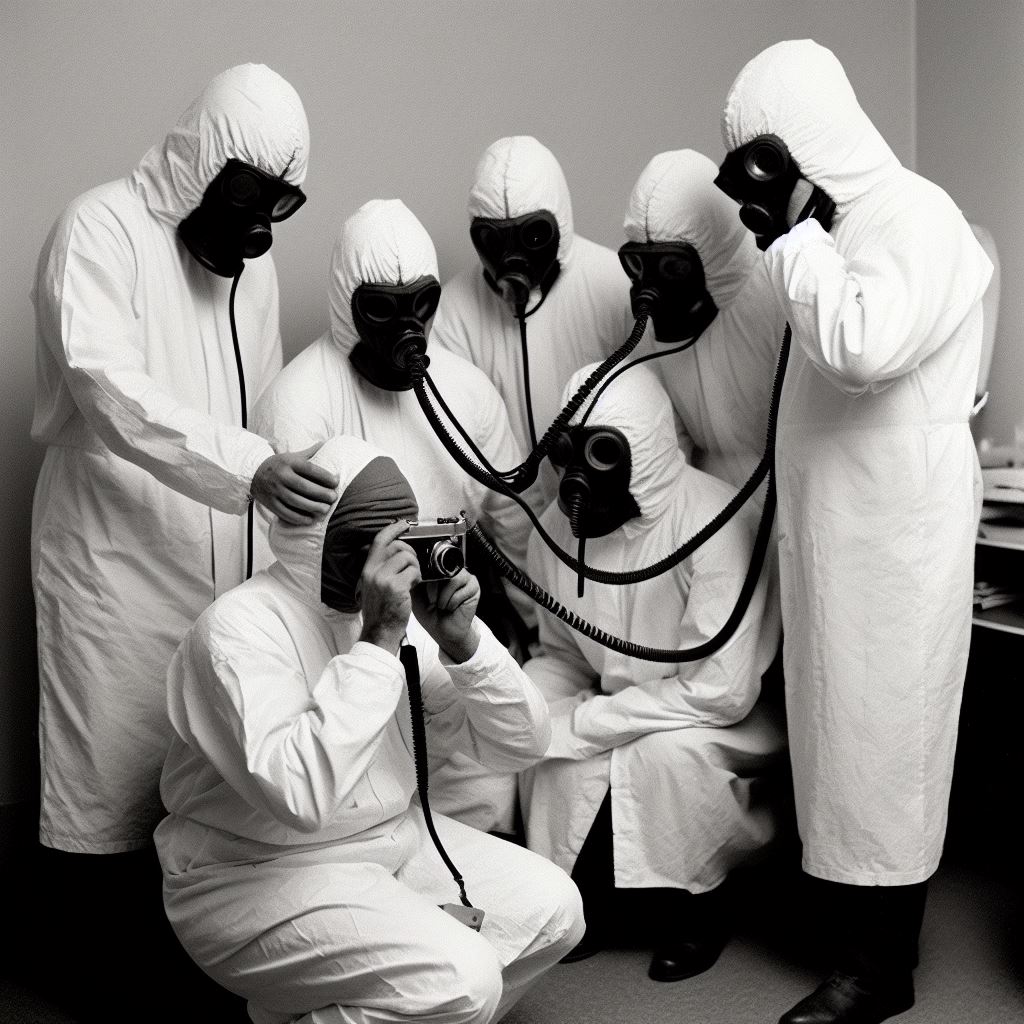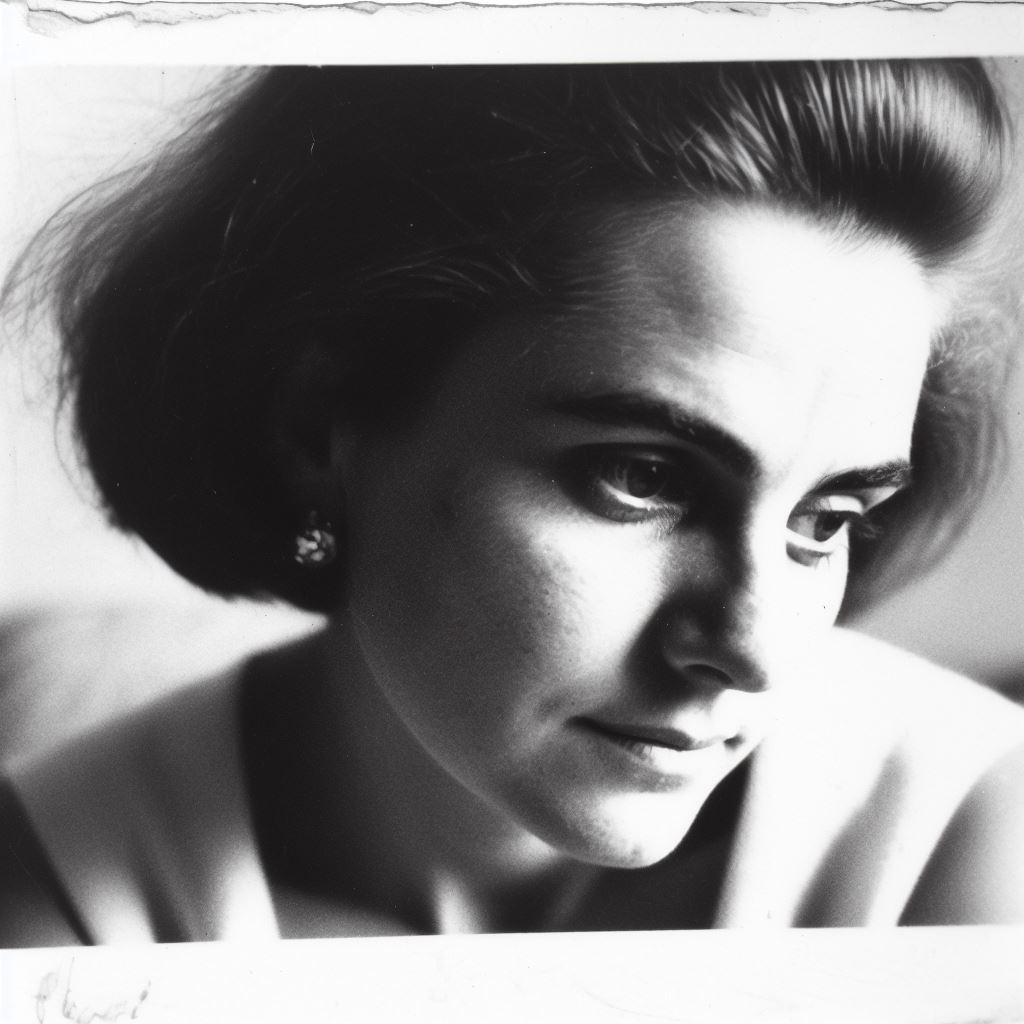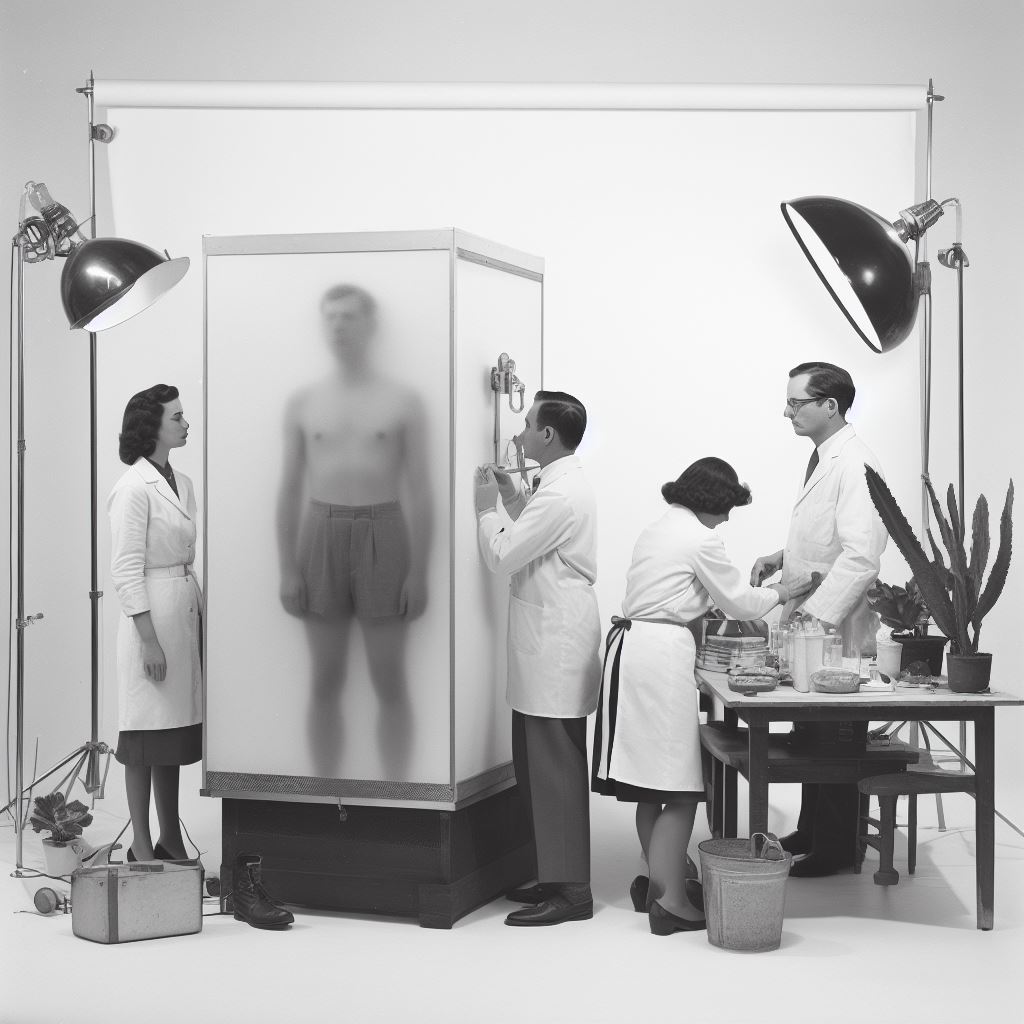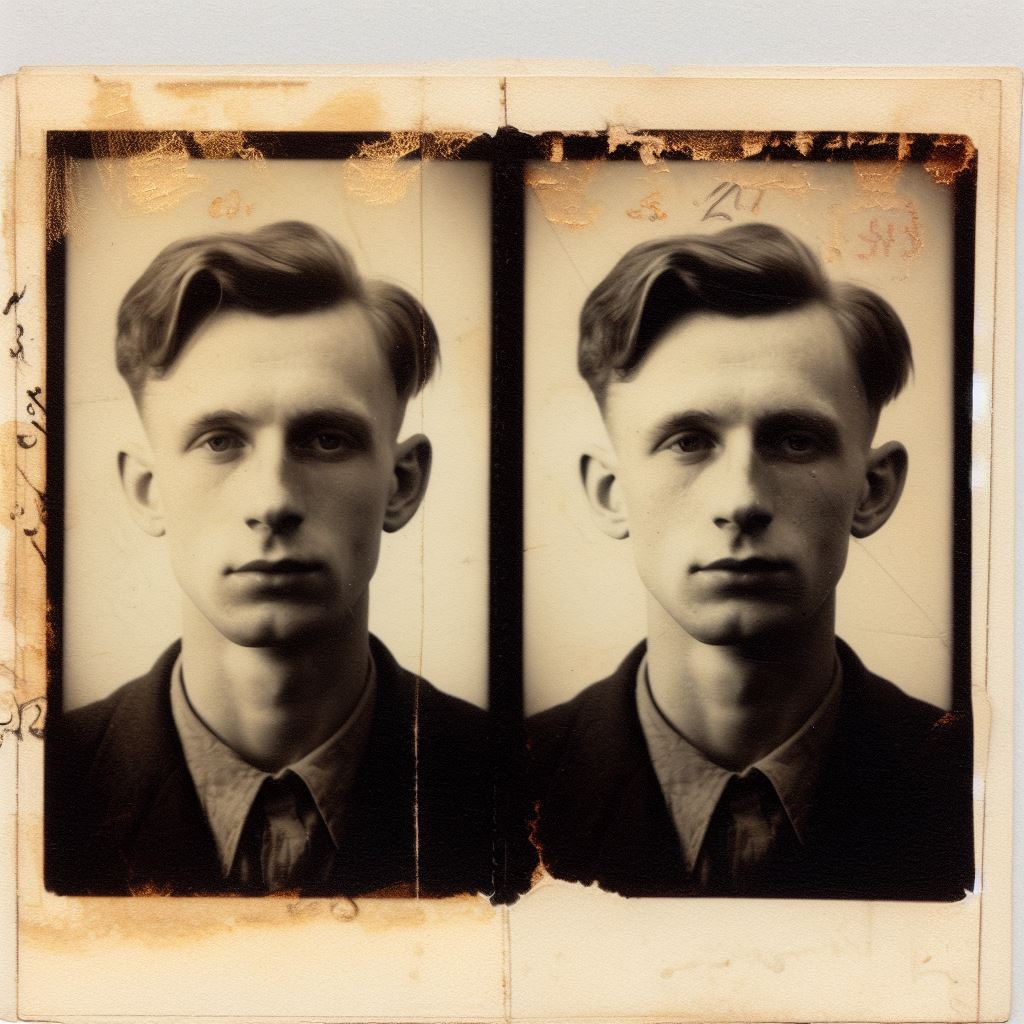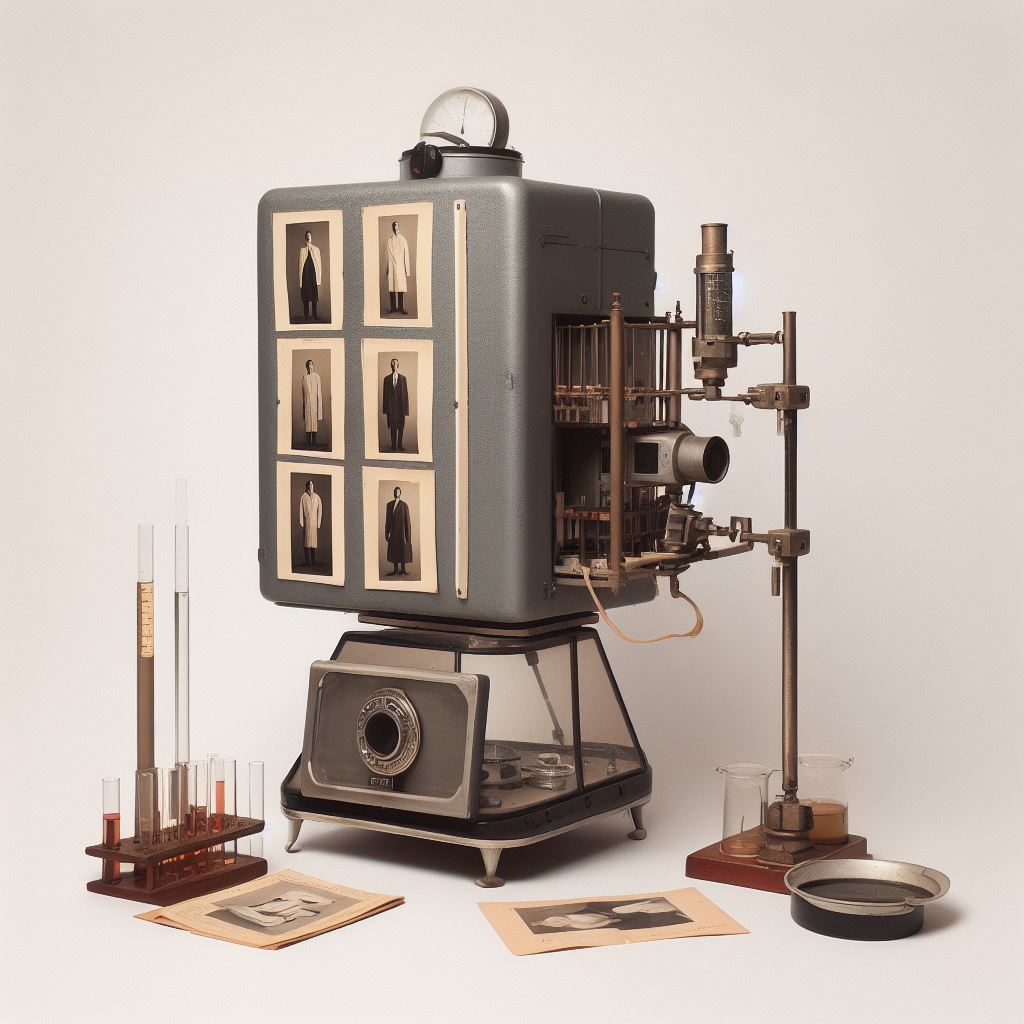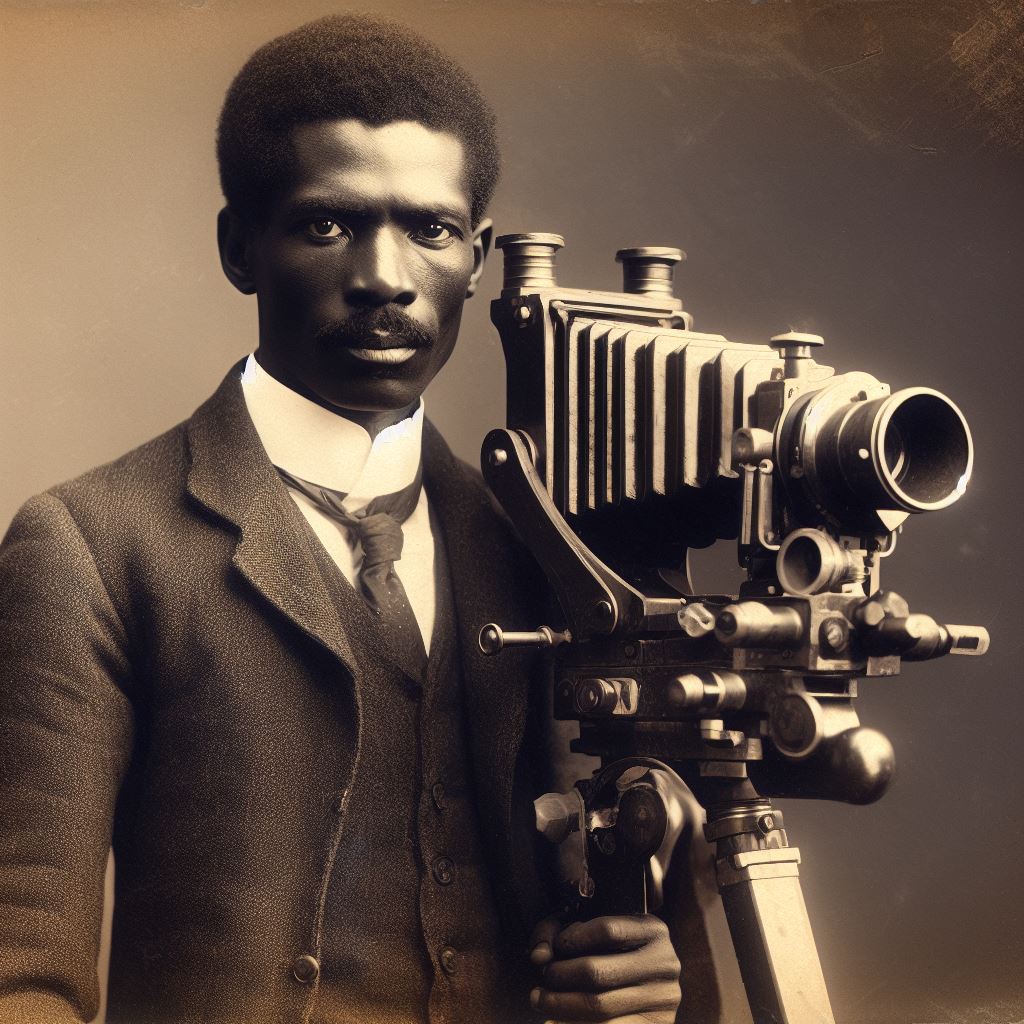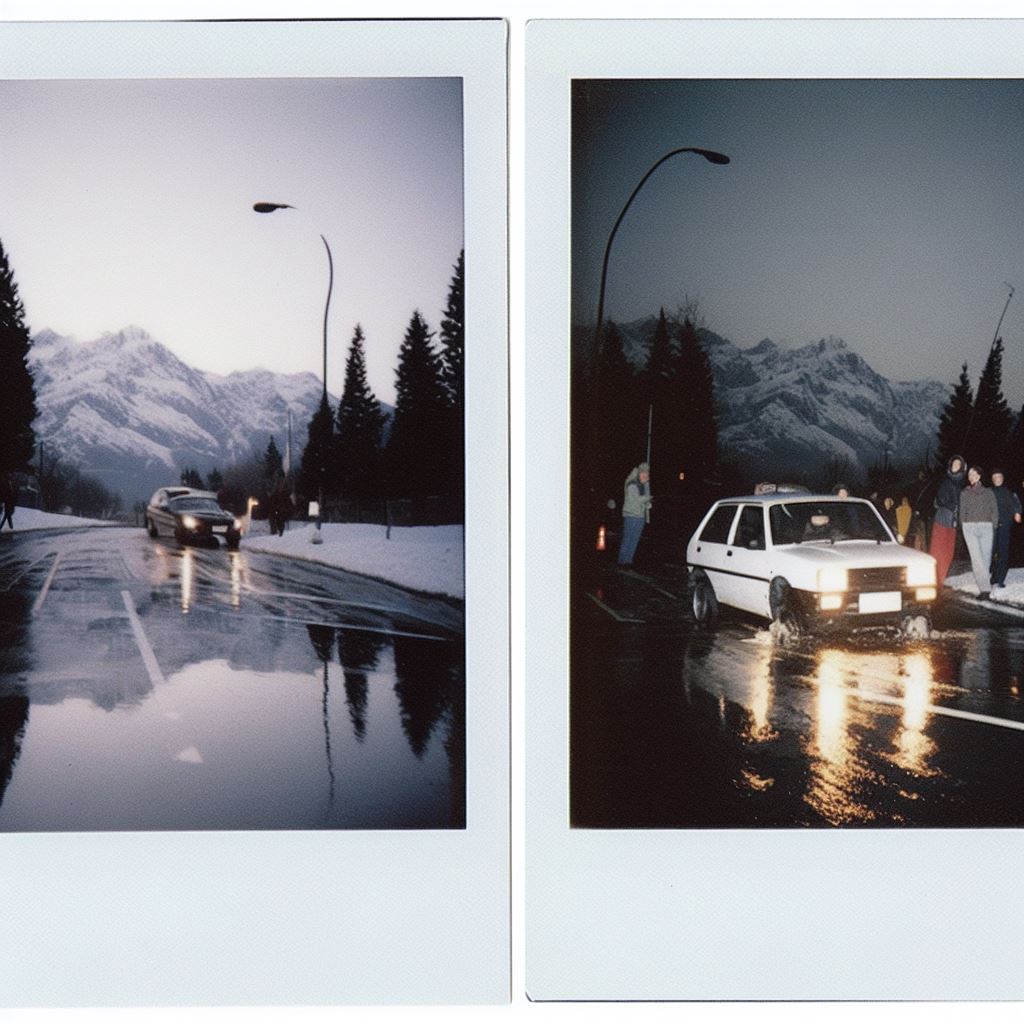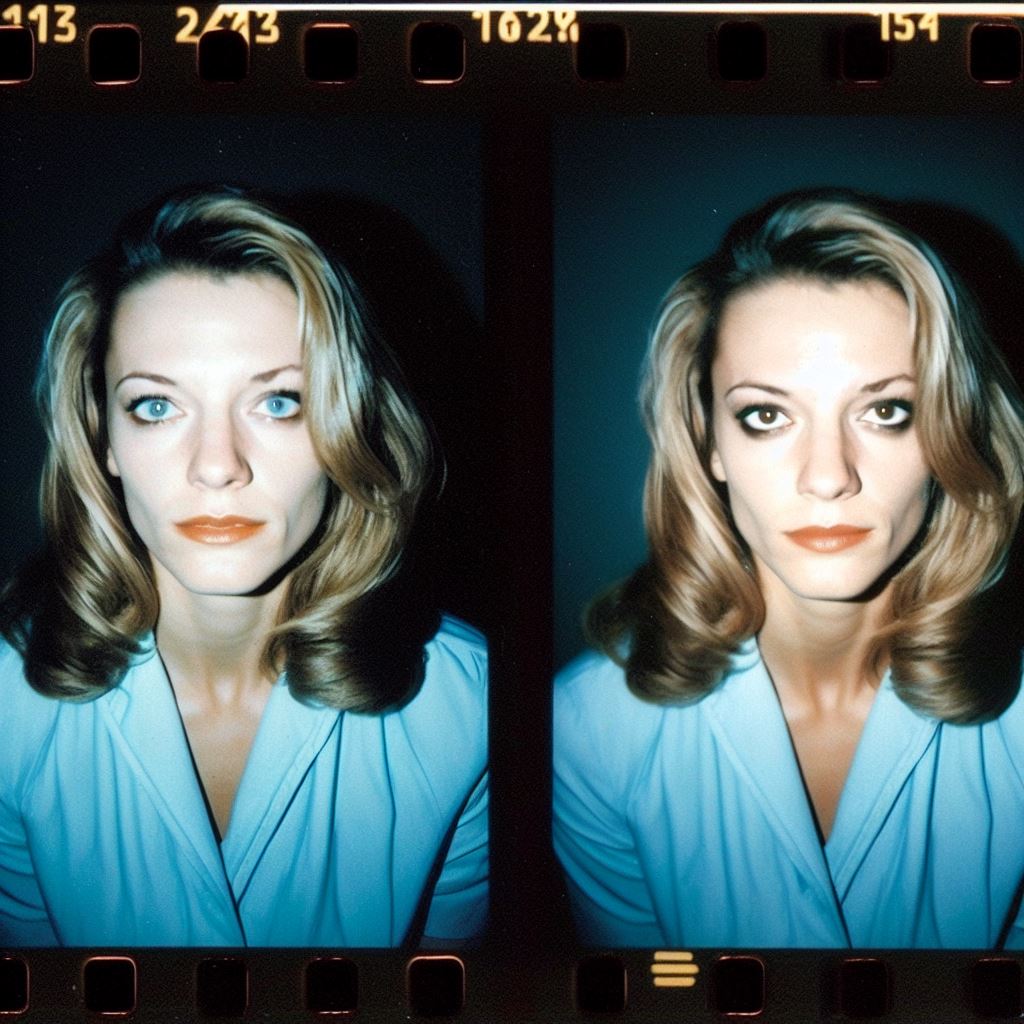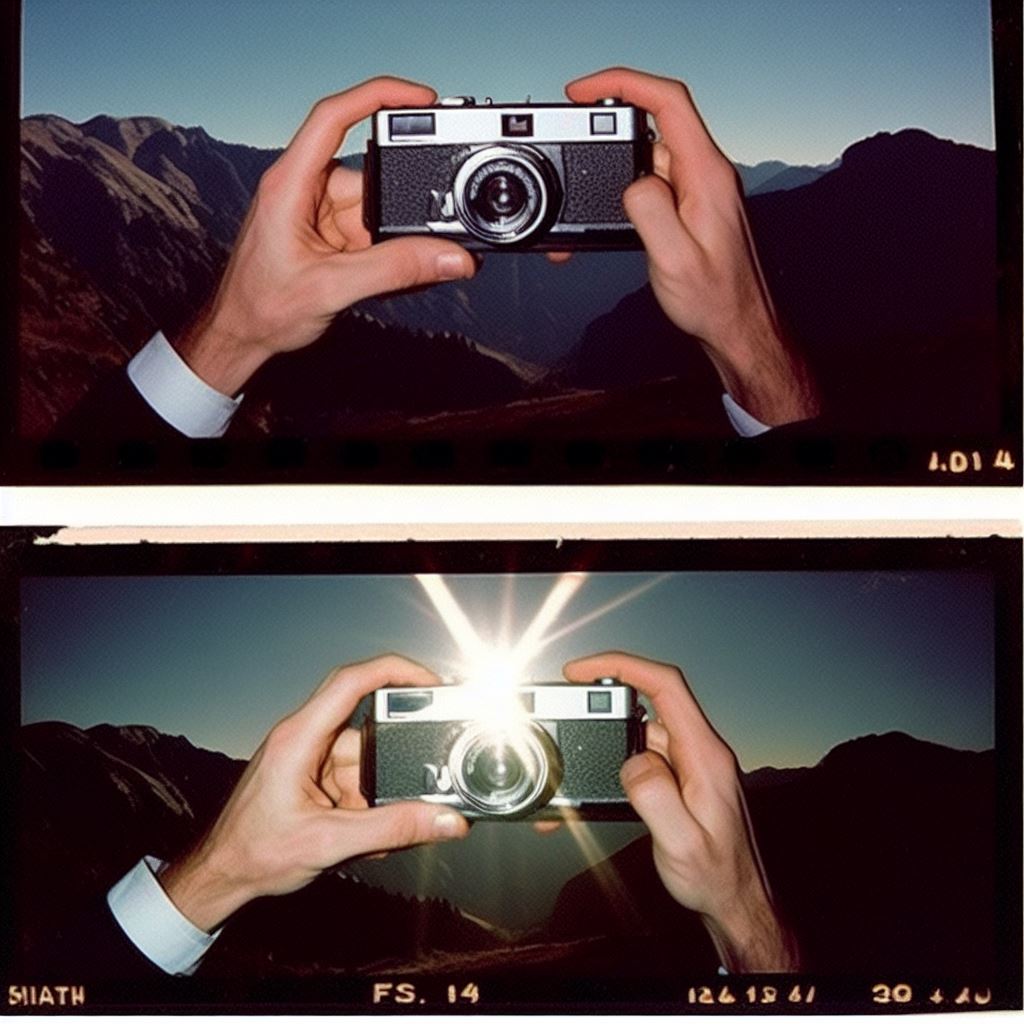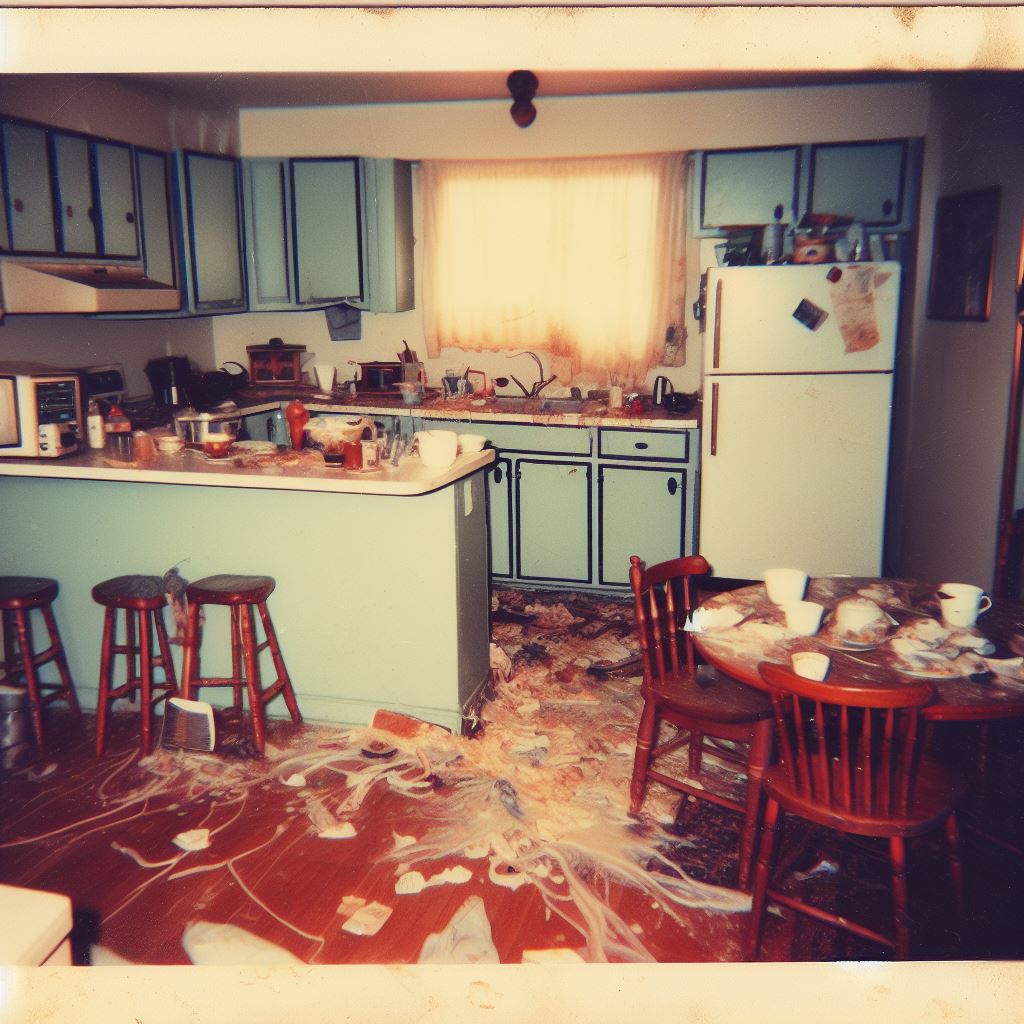Our Westminster Degree Shows present a diverse array of projects that showcase the skills, dedication, and creativity of our students, serving as a testament to their hard work and the high standards of education at the University.
Graduates from our Photography BA program are equipped to take on pivotal roles across a wide spectrum of photographic industries. Throughout their studies, students cultivate practical, conceptual, and theoretical skills that nurture independent thinking, adaptability, and flexibility. Armed with a comprehensive understanding of industry norms, histories, and future trends, they are well-positioned to make substantial contributions to the field.
This year we spoke with final year, Photography BA student Andres Nava Hurtada. Ahead of the exhibition at the Truman Brewery, a prestigious gallery space in East London, he told us about his project, and aspirations for the future.
What are you most excited about for the degree shows?
I’m really excited to see everyone’s work fully realised! Everyone has worked so hard on their projects throughout the year
How has your course prepared you for your final project?
There are almost too many ways to list; from something as small and abstract as the positive and creative environment that the students and staff create around campus, to something as concrete as having the facilities and equipment to execute one’s ideas.
With that said, I think the biggest preparation aid for me has been the constant support of the teaching staff throughout the year – both within and outside scheduled contact time – in workshops, group presentations, and tutorials.
I owe a lot to all members of the teaching staff, but I’d particularly like to mention Gavin Jack and Andre Pinkowski’s for their continued support and interest throughout the development of my final project. I can’t thank them enough for all their reassurance and patience throughout the year.
- What has inspired your creative thinking and work so far towards your final project?
My project examines the photograph in the context of recent advancements in artificial intelligence technologies, specifically text-to-image tools that generate images resembling photographs without the need for a camera or operator.
While re-reading Roland Barthes’ seminal work, Camera Lucida: Reflections on Photography, I realised that this new type of image adopts the visual language of photography while severing its necessary connection to the real world—its indexicality—which Barthes (and much of photography theory) considered the medium’s defining feature. In this sense, Barthes’ writing has been a significant source of inspiration and a catalyst for thought. Similarly, Vilém Flusser’s Towards a Philosophy of Photography and Jean Baudrillard’s Simulacra and Simulation have deeply influenced my approach.
Regarding visuals and process, the humor and playfulness of John Baldessari’s work greatly influenced my thinking during the development of this project, even if it may not be immediately apparent. His most significant impact on me has been the conscious effort to let loose, trust my instincts, and allow the creative process to unfold naturally.
- What do you hope to achieve from your final project?
We’re expecting hundreds of visitors and student exhibitors at the show. My main hope is to meet and engage with people who resonate with my work
Relationships and conversations are at the heart of making art and sustaining one’s creative practice. As we leave Westminster, where we have nurtured our thoughts and skills, it becomes even more crucial for us as graduates to make an active and conscious effort to maintain contact with interested parties.
- What are your plans for the future?
First and foremost, I’d love to continue my art practice, even if it means doing so independently in my own time.
On a more concrete and practical level, I’m trying to remain open to the many possibilities that have emerged from the Professional Futures modules. These have helped me build a strong portfolio and establish relationships with people across various subsections of the creative field.
I currently work as a freelancer and would be happy to continue in this role to further build my skills and network. At the same time, I am also exploring full-time positions in creative agencies and arts institutions, although I’m still waiting to find the right organisation.
To find out more, please visit Westminster Degree Shows 2024 or watch our Westminster Degree Shows 2024 TikTok (below).
About Westminster
As one of the most diverse universities in the UK, we are a global university with London energy, with more than 19,000 students from 169 countries. Visit our website to find out more about our Art, Design and Visual Culture courses.
- MORE 2025: Showcasing the Future of Architecture and Cities - October 27, 2025
- Opportunities at Westminster: My journey as a Student Ambassador - October 3, 2025
- OPEN 2025 Celebrating Talented Students - July 23, 2025

